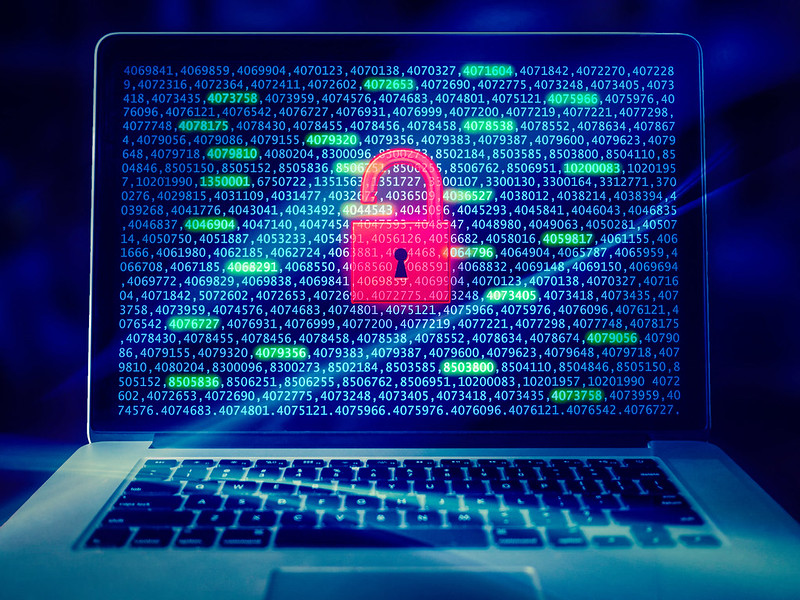
3 Signs You Need To Update To The Next PHP Version
Hypertext Pre-processor (PHP) is an open-source scripting language popular among web developers. It follows a particular life cycle which begins with every version receiving support for two years after its release. This is the time when developers fix any security issues and other bugs the users have encountered. However, in its third year, only critical issues pertaining to the branch’s security will be addressed. Developers then only release updates as often as necessary. Eventually, the PHP version no longer receives support and users are advised to migrate to the succeeding branch—which is currently version 7.4.
Keep in mind that out of date websites, regardless of whether they’re individual elements or complex mechanisms that function together, put off your clients. And a poor user experience significantly reduces their willingness to work with your company. Therefore, it’s important that you monitor your website’s operations to guarantee that it’s running smoothly. Here are three signs you may need to update your PHP:
1. Slow website
Do you have to wait a few minutes before your website finishes loading? More likely than not, your site’s visitors will have to do the same. And in an environment where time is of the essence, speed is of utmost importance. Your site needs to load within the first three seconds when accessed, upgrading to the latest PHP version can just give you the speed boost you need.
 Source: pxfuel.com
Source: pxfuel.com
Plus, you also get the added bonus of improving your Search Engine Optimization (SEO) altogether. This means that ultimately, you’re providing your web pages with the opportunity of gaining higher ranks in Search Engine Results Pages (SERPs). And as a result, when clients visit your page, they’ll be greeted with design and content that loads almost instantaneously. Simply put, upgrading it helps you prevent them from clicking off right away.
Moreover, it also enables your site to work more efficiently. Simply keep your core, theme, and plugins up to date and you can expect major performance gains. For instance, Christian Vigh, a developer from PHPclasses, compared the performances of PHP 5.2 and PHP 7 and found that the newer release is 400% faster. This, in turn, allows websites who use PHP 7 able to easily handle a much greater number of visitors. Moreover, PHP 7.3, in contrast to PHP 5.6, can run almost thrice as many requests or transactions per second.
2. Unsupported Features
More often than not, developers who have written scripts (like themes and plugins) recently don’t test for PHP’s older versions. This is because it could easily result in accumulating more cost than it’s worth. After all, PHP versions are only supported for an ample amount of time. Then, once websites eventually stop recognizing older versions, they may forcefully update themselves in the long run. While this may sound like an advantage, it’s not. When you put off updating your PHP, you may find that your older scripts end up unresponsive. Make sure you watch out for outdated, customized scripts as well.

Source: flickr.com
3. Threatened Security
In reality, having outdated software is one of the most common reasons a site could get hacked. For example, by itself, PHP 5.2 had multiple security issues. Going back a few years prior, in 2016, over 100 issues were detected. Currently, it’s safe to say that updating to the PHP’s latest version can allow you to avoid many of these security vulnerabilities. After all, prevention is indeed better than cure. This helps you prevent poor code execution, corrupted memory, and cross-site scripting (XSS) attacks, to name a few.
Moreover, it’s worth noting that maintaining a fast, secure, and reliable website is much more economical than restoring a hacked website. In fact, it should be one of your primary investments. Furthermore, it also reaffirms your clients’ trust in your web hosting service when they observe that their sites are not susceptible to data breaches and other website threats. Therefore, as much as possible, avoid waiting for your first security issue or complaint before upgrading your PHP. Instead, actively pursue top-notch security as a priority.
Upgrading Your PHP
As one of the most flexible tools out there for beginners and professionals alike, it’s important to stay up to date on PHP trends. Furthermore, with the amount of online support available in its community, it’s also safe to say that it’s one of the most stable programming languages to incorporate in your website. Make it a point to routinely check whether your current PHP version is still compatible with your website’s scripts. Build a strong foundation for your own and your clients’ websites. Consult a web development company in the Philippines, when you’re making the switch to the next latest PHP version. Take the next step to improving your operations today and see bright results tomorrow.















Comment 0